The English language is considered the most difficult to learn by people worldwide. In terms of speaking, it usually rolls off the tongue easily. But like any language, slang can shake things up. Slang can be wildly confusing and occasionally problematic.
For example, the word “goat” was once only used to refer to a barn animal. In 2024, it means the “greatest of all time.” On top of that, slang terms don’t last forever. There are countless examples of catchy things that used to be said that aren’t even thought of when having conversations anymore. This isn’t a bad thing necessarily, as it forces each generation to keep coming up with fresh ideas.
It’s pleasant to look back at what older generations used to say when chatting with each other. As of now, Millennials and Gen-Zers are coming up with 21st-century slang that will eventually be considered outdated.
These terms will all be gone soon enough, but it’s fun to use them while they’re common. There’s also the excitement of researching old slang terms to use at random moments as a way of checking who else might catch on. Once you explain specific slang, your friends will understand it and you can take credit for bringing it back. For more slang-related articles, click here to read about the most common slang word in every state.
To compile the list of slang words from the 20th Century, 24/7 Tempo consulted several historical websites and vocabulary-centered sources. These include Bustle, Scott Andrew Ross, and Best Life Online.
Hawkshaw
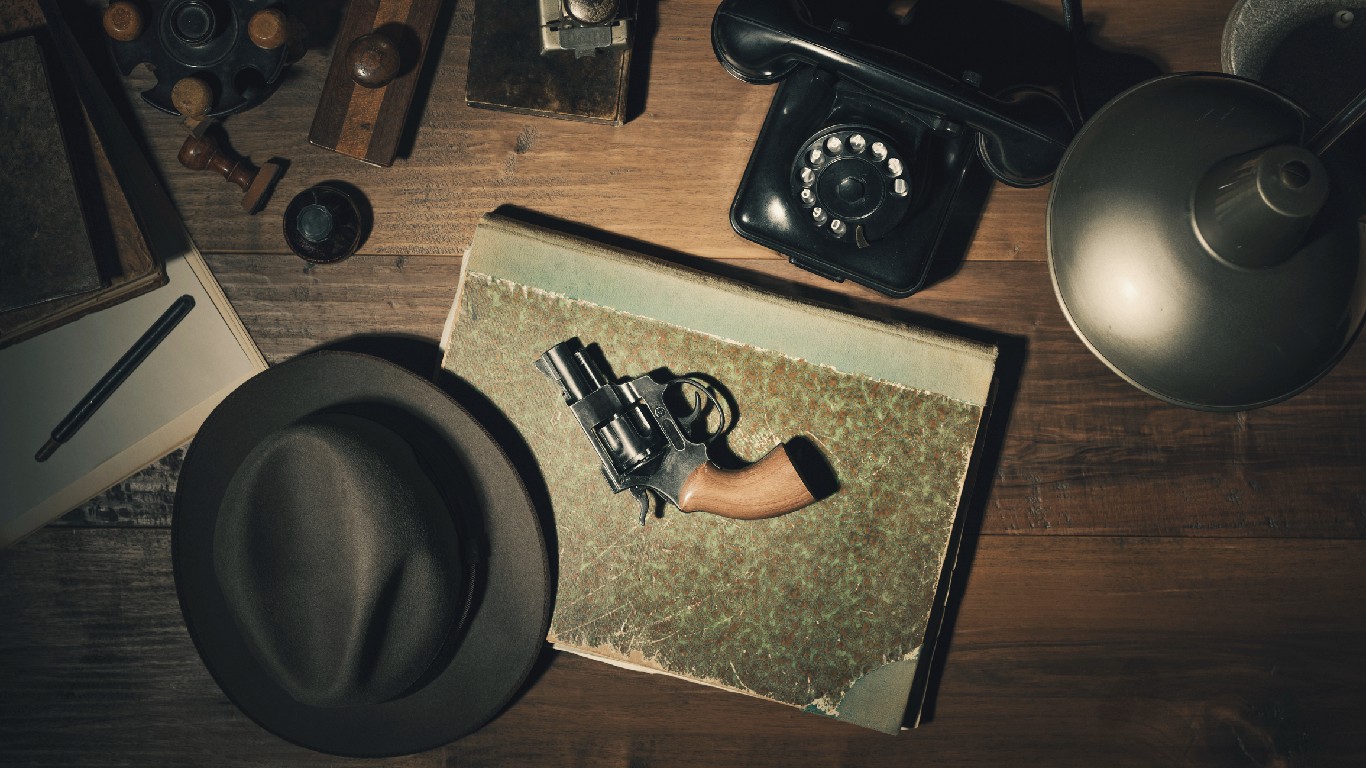
- Meaning: In the 1900s, a Hawkshaw was another way to say detective.
Date
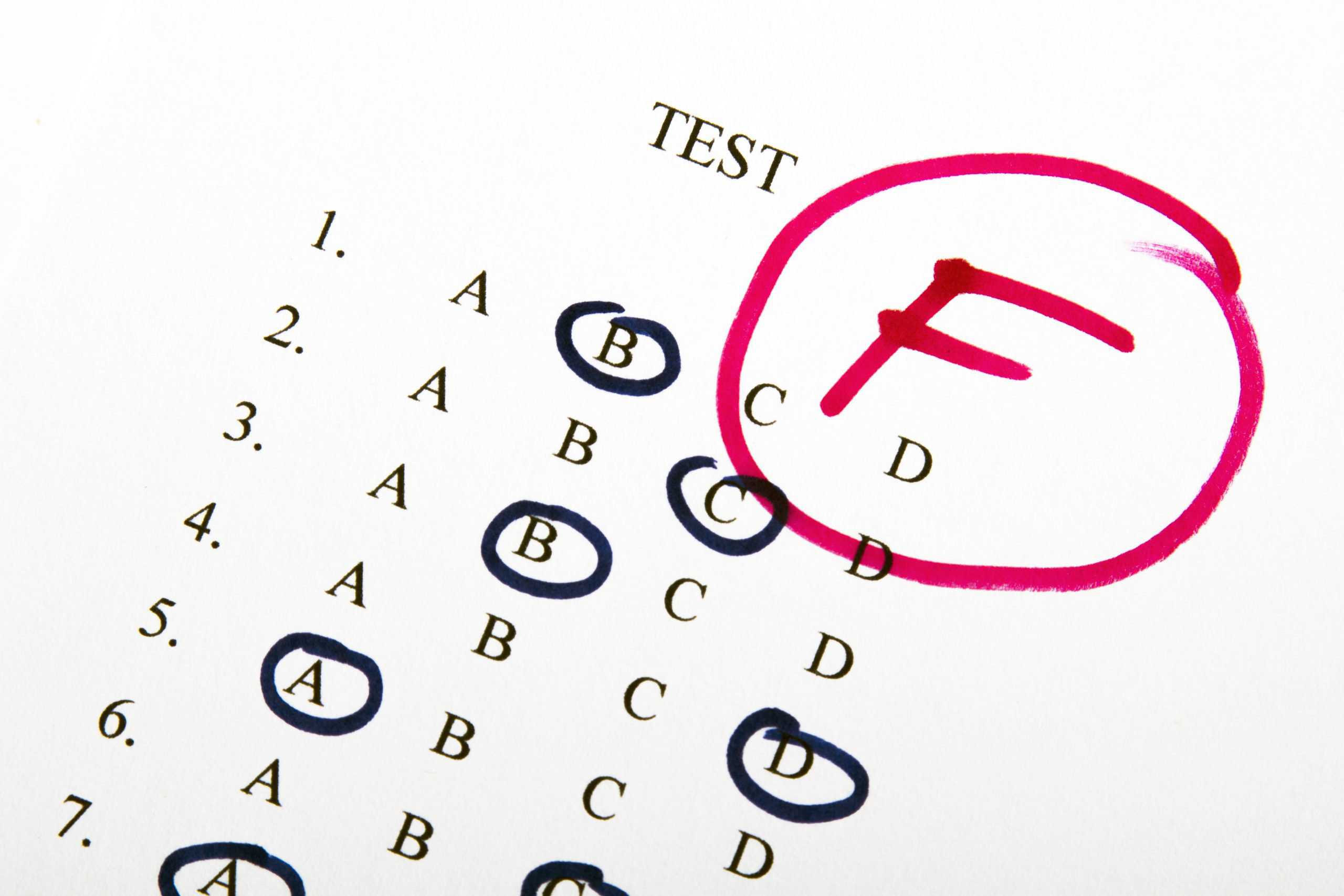
- Meaning: During the 1910s, a date was someone who wasn’t intelligent.
Bank’s Closed
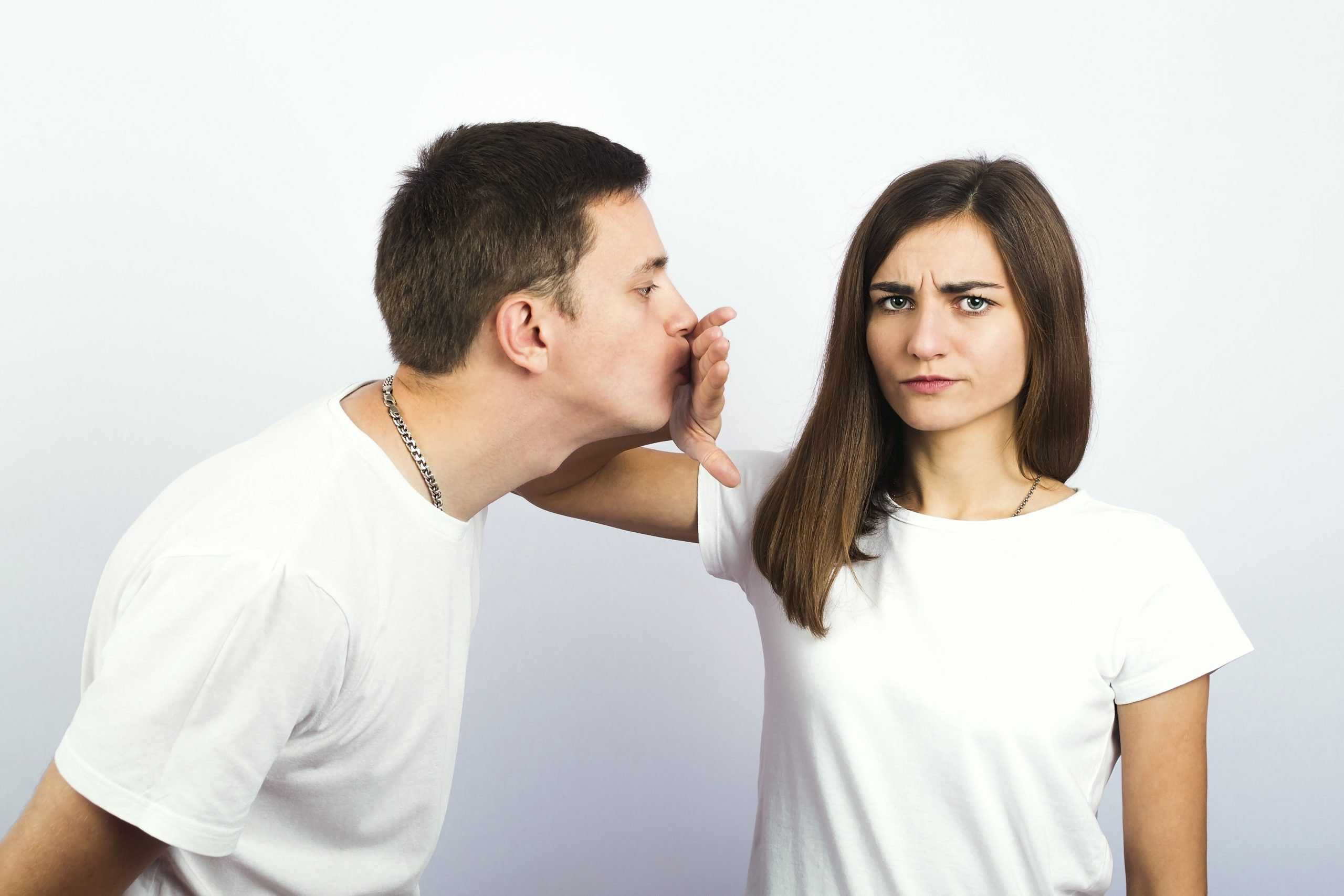
- Meaning: Bank’s closed means two people were unable to kiss each other
Dead Soldier
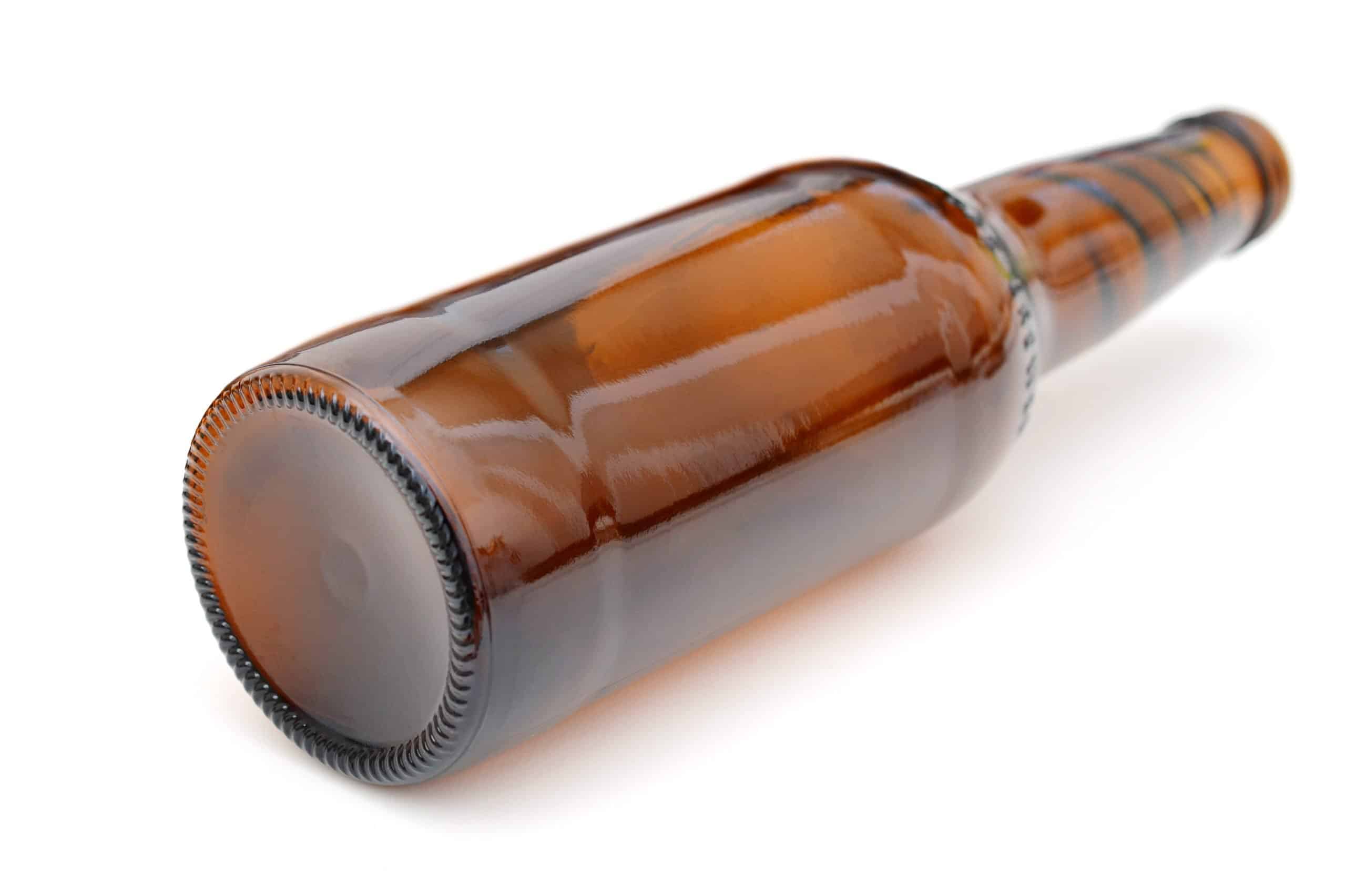
- Meaning: People would said dead soldier meant an empty beer bottle.
Giggle Juice
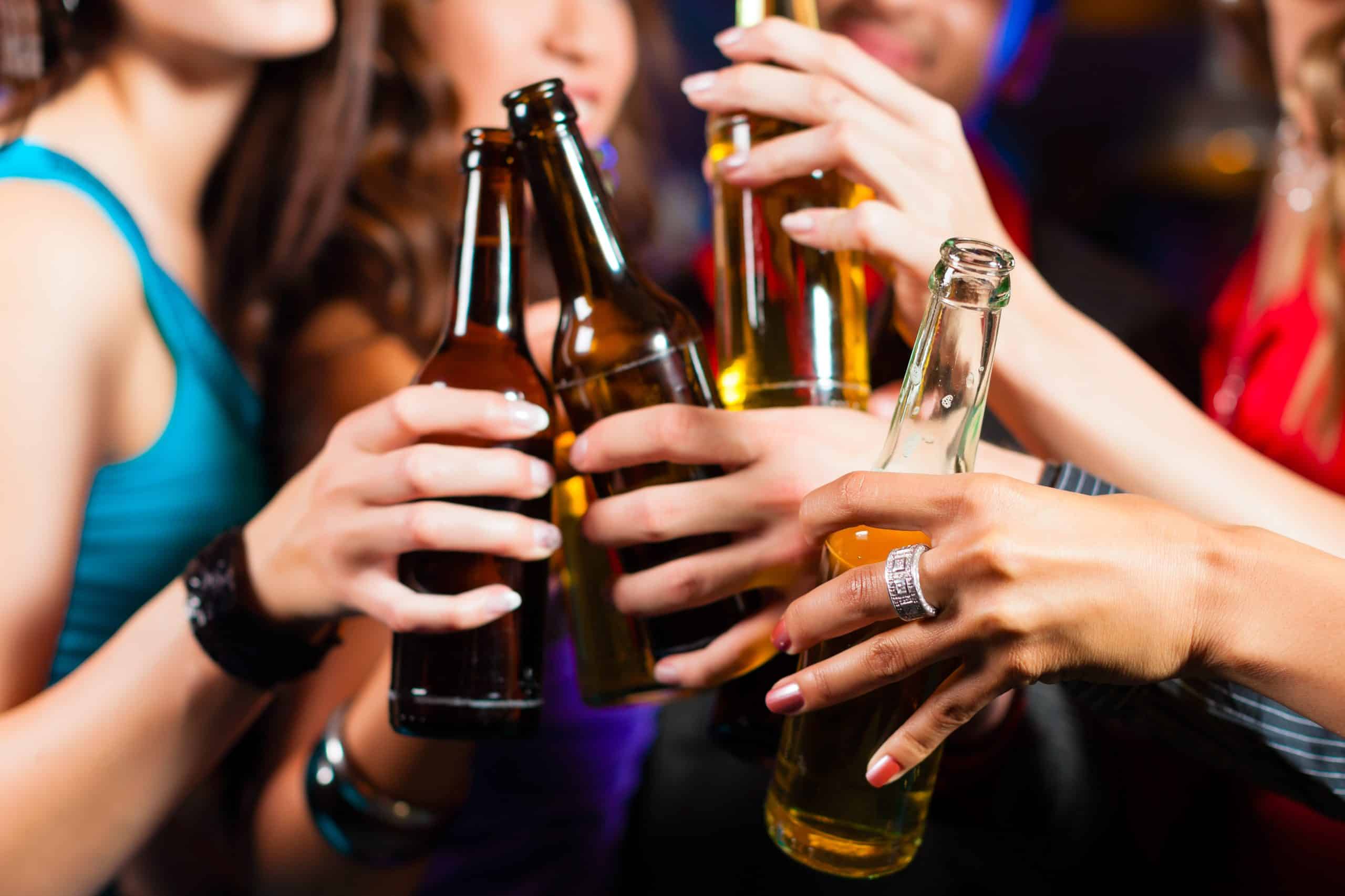
- Meaning: Giggle juice is another way to talk about alcohol.
Juice Joint
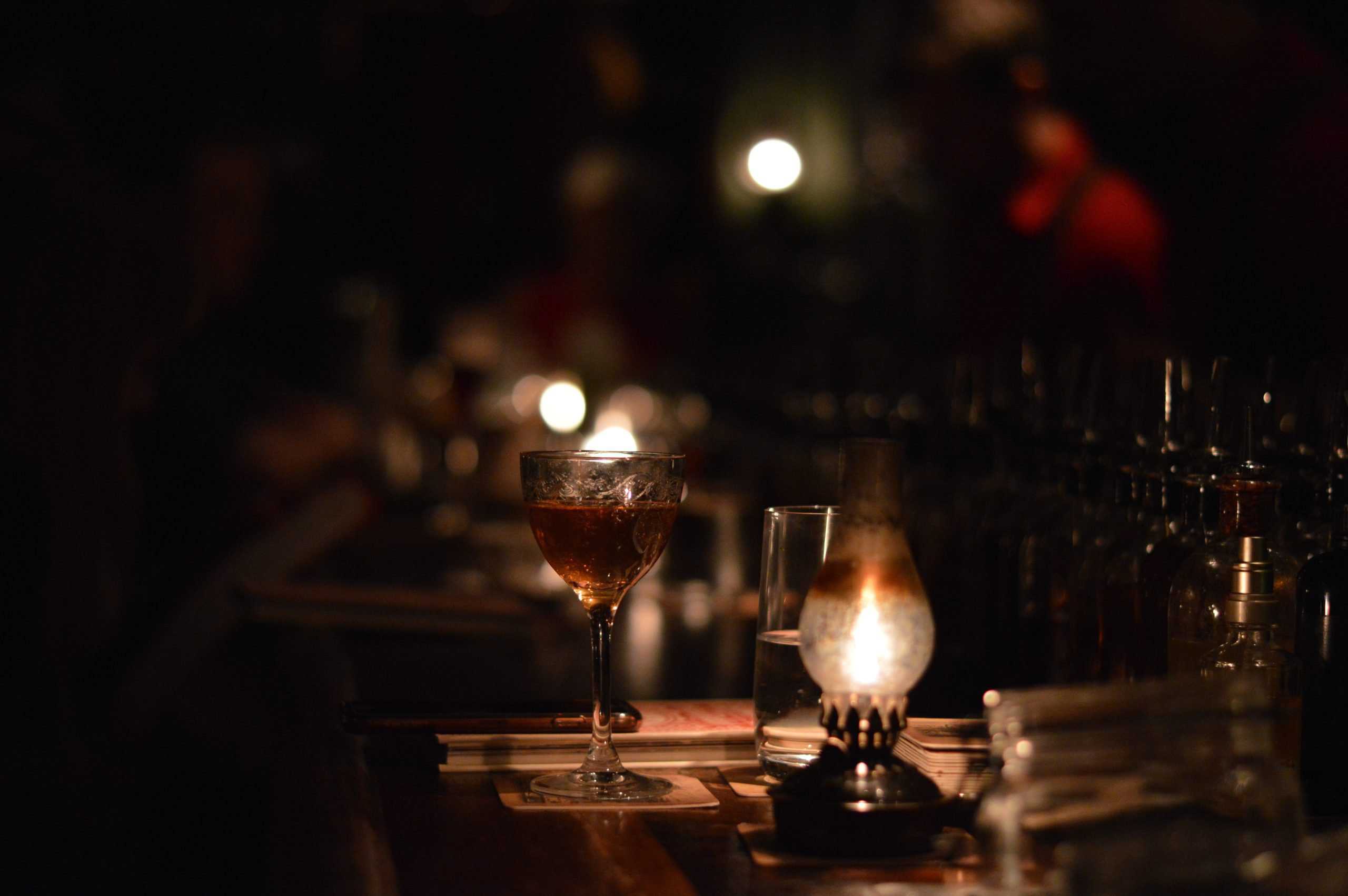
- Meaning: A juice joint was another way to say speakeasy.
Zozzled
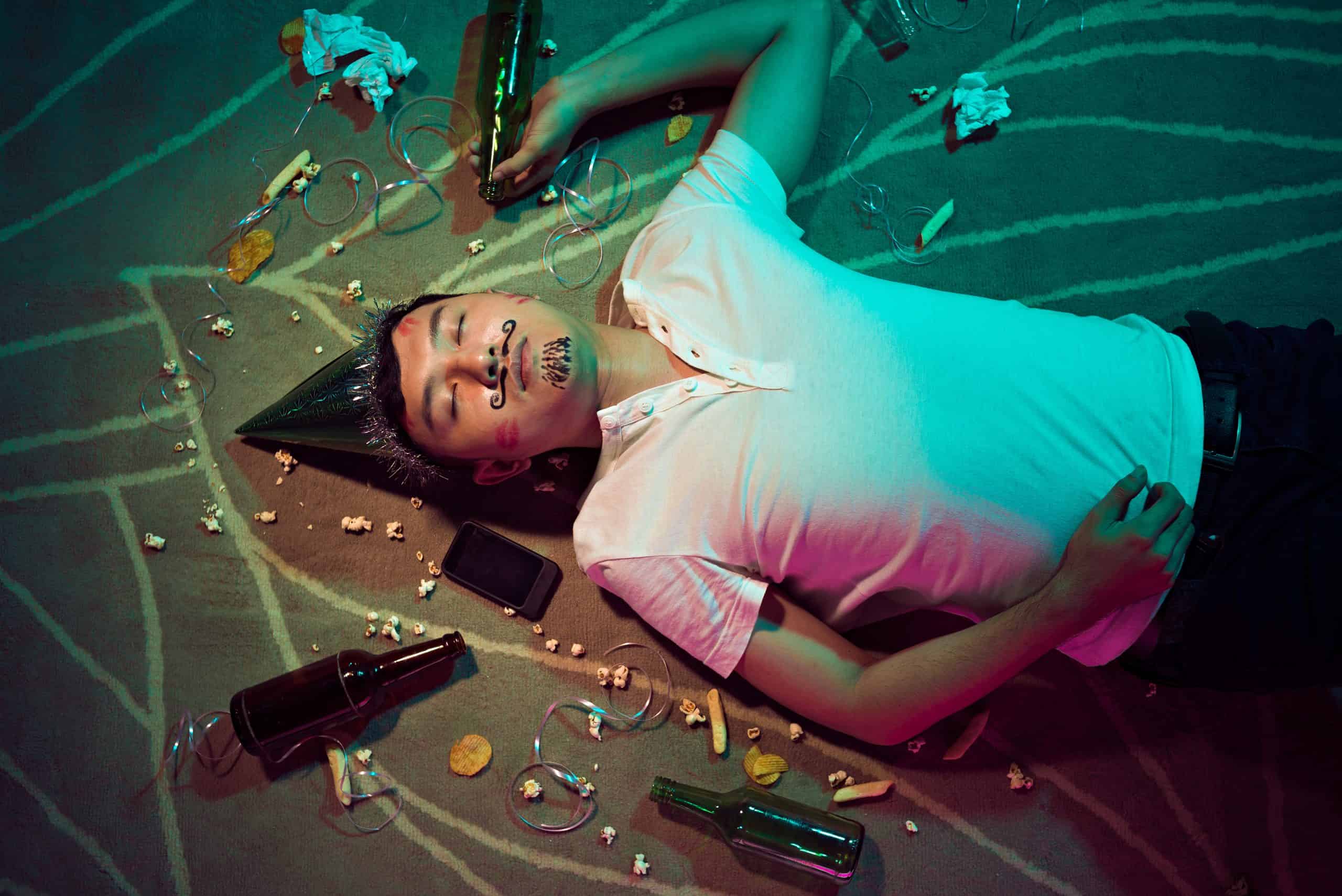
- Meaning: Being zozzled is when you’ve had slightly too much to drink.
Snipe

Cigarette packet
Cigarette packet
- Meaning: A snipe is another way to say cigarette.
Pennies From Heaven
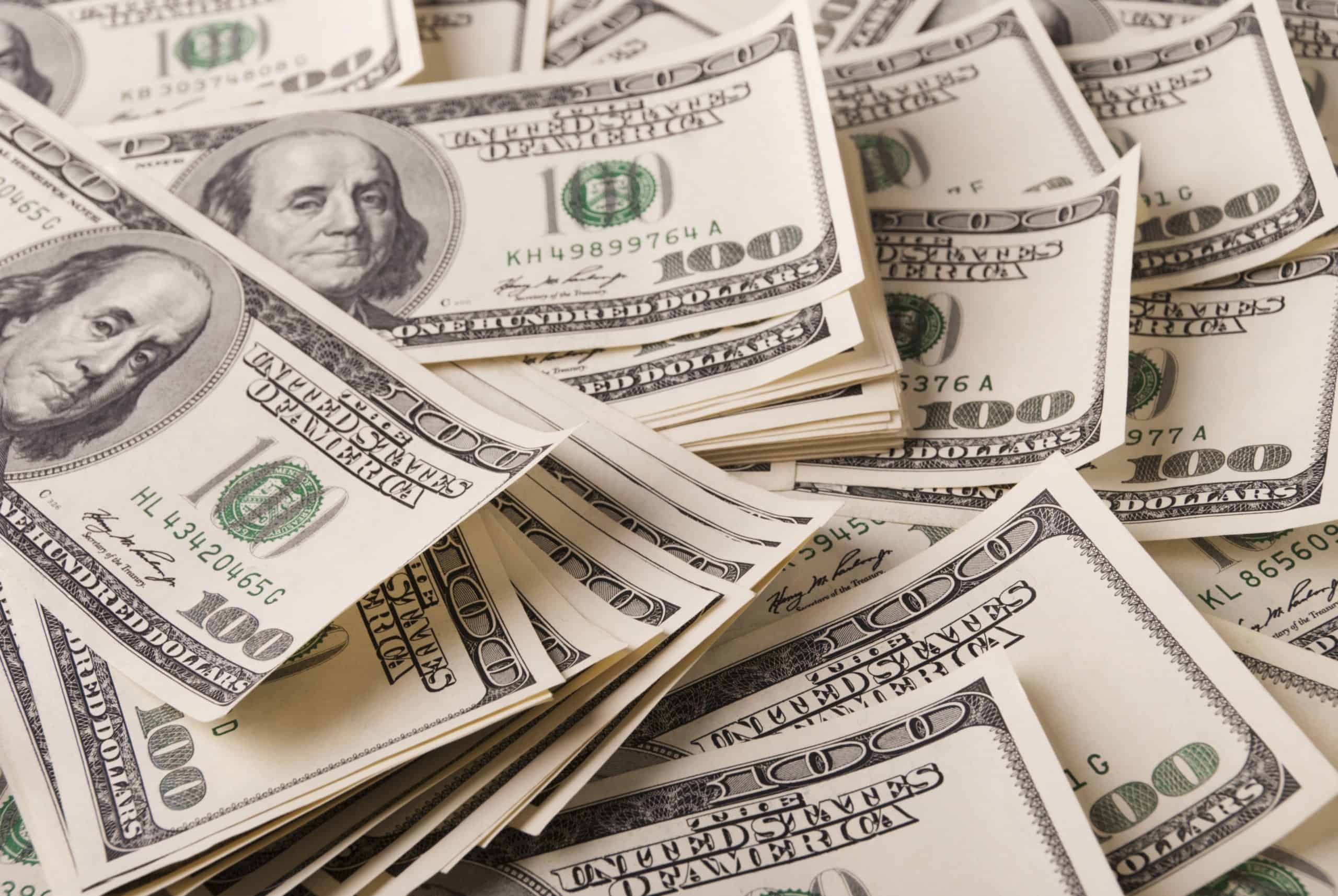
- Meaning: Pennies from heaven is what to say when you’ve made easy money.
Motorized Freckles
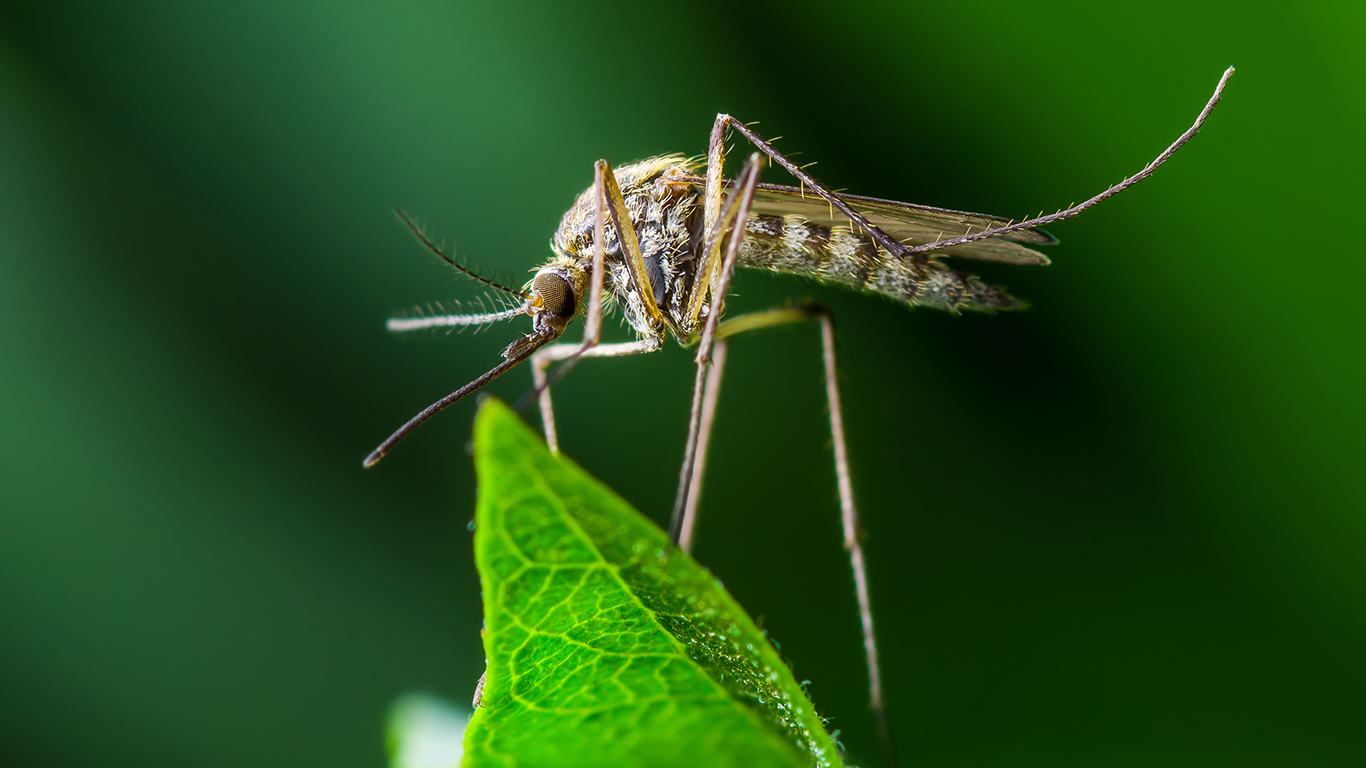
Macro Photo of Yellow Fever, Malaria or Zika Virus Infection - Mosquito Insect on Leaf
- Meaning: A motorized freckle was what people said when they saw an insect.
Cook With Gas
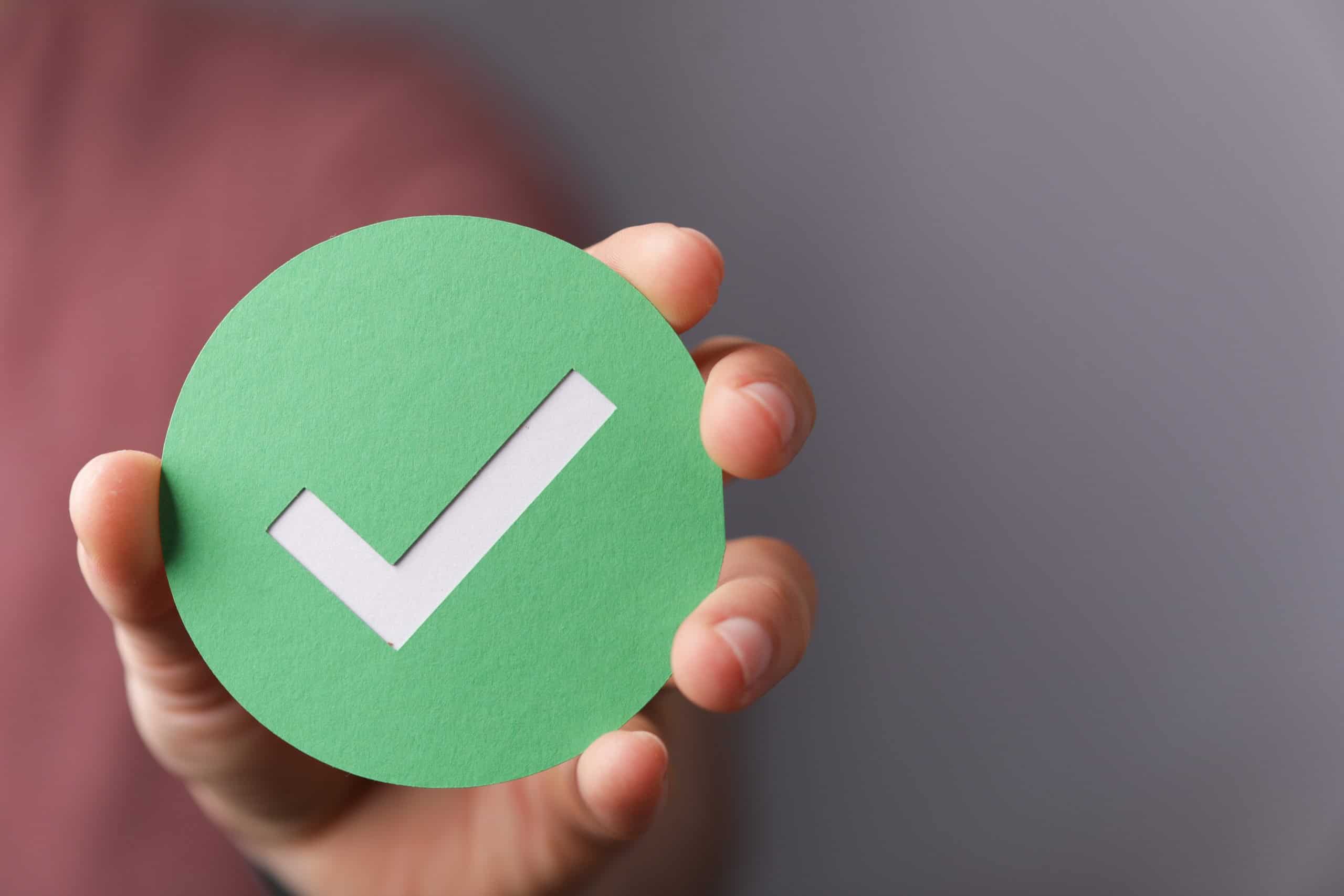
- Meaning: To cook with gas means to be correct in something you’ve said.
Frosted

- Meaning: Being frosted at someone or something means to be angry.
Fine as Wine

Shot of group of attractive young friends choosing and buying different types of fast food in eat market in the street. (Shot of group of attractive young friends choosing and buying different types of fast food in eat market in the street., ASCII, 12
- Meaning: Being told you’re fine as wine means you’re attractive.
All Show and No Go

- Meaning: Being all show no go is how to describe someone who looks good on the outside without having anything else to offer.
Brick House

- Meaning: If you’re a brick house, it means you’re a thick woman.
Zeek

- Meaning: Calling someone a zeek is to tell them they’re geeky and weird.
Cheeuh

- Meaning: Cheeuh translates to “Of course” or “Duh.”
Decent
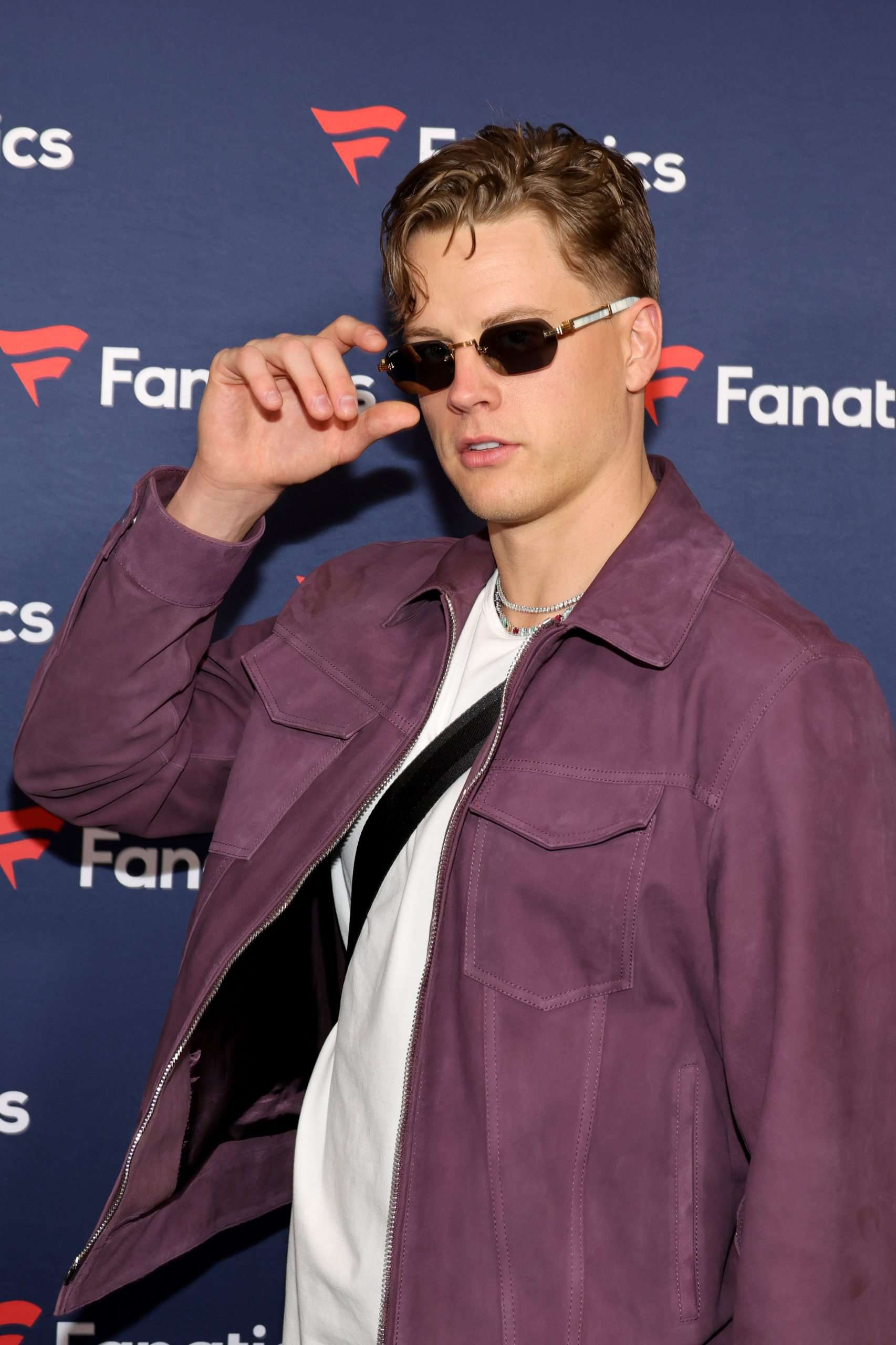
LAS VEGAS, NEVADA - FEBRUARY 10: Joe Burrow attends Michael Rubin's Fanatics Super Bowl party at the Marquee Nightclub at The Cosmopolitan of Las Vegas on February 10, 2024 in Las Vegas, Nevada. (Photo by Ethan Miller/Getty Images)
- Meaning: Originally from the 1980s, saying decent was a slang way to call someone cool.
Scrub

- Meaning: If you’re calling someone a scrub, you’re calling them a loser.
Props
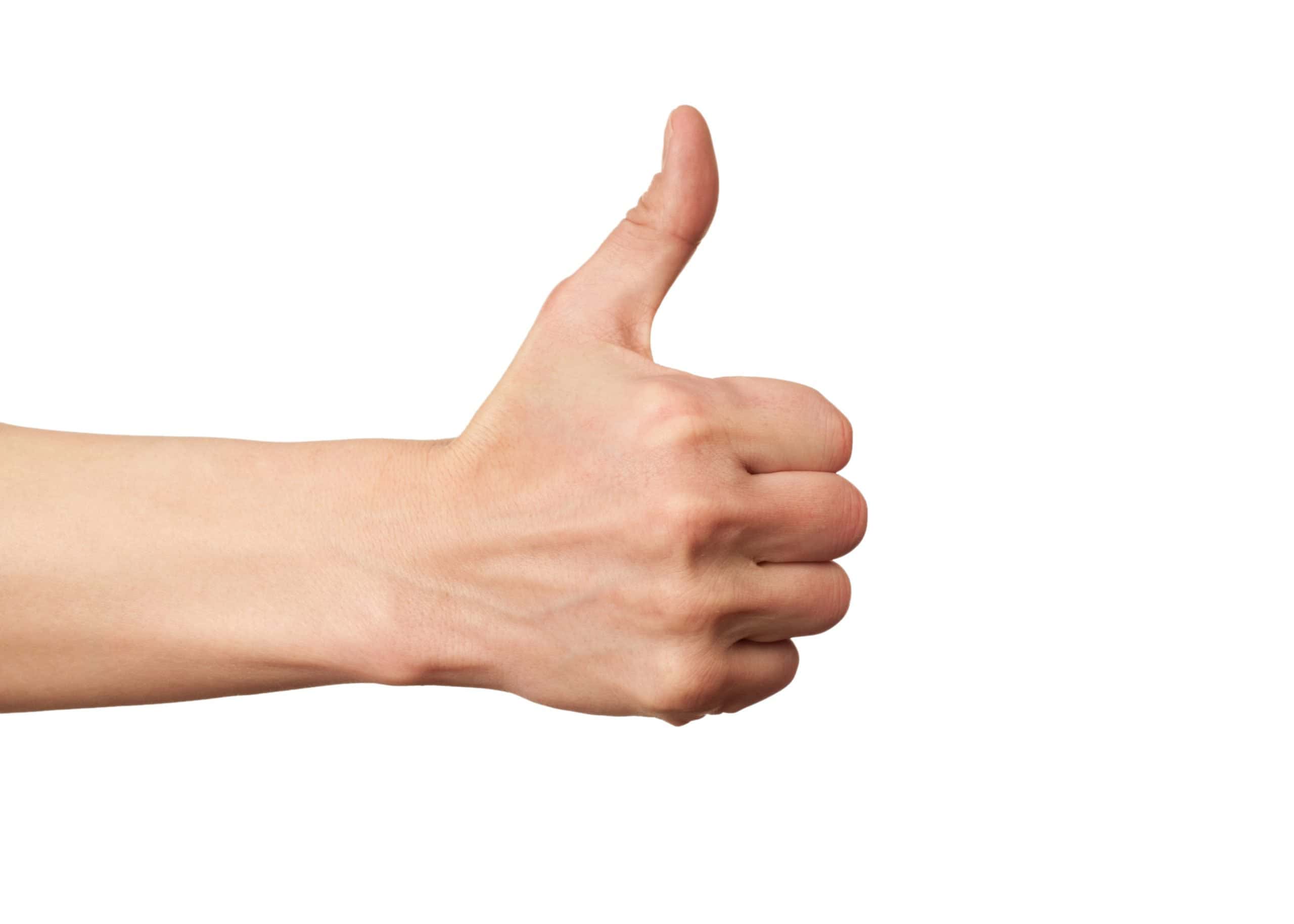
- Meaning: To give someone props is to give them credit for doing something well.